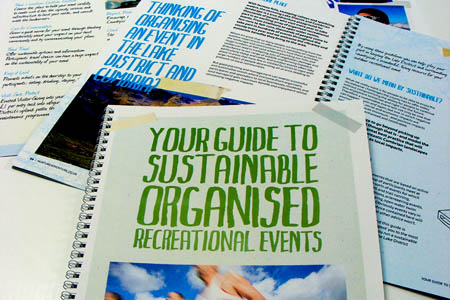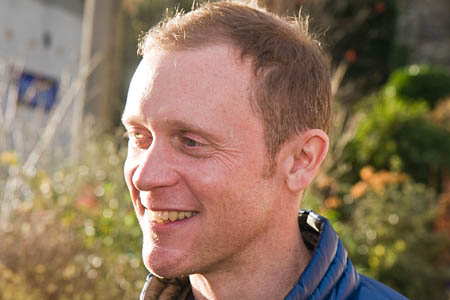A tourism body has produced a guide for organisers of outdoor events to try to minimise problems in a national park.
Nurture Lakeland’s booklet is a ‘best-practice’ bible to address the impact of a growing number of challenges being staged in the Lake District.
Your Guide to Sustainable Organised Recreational Events was launched by Richard Leafe, chief executive of the Lake District National Park Authority, himself a keen outdoor enthusiast who has taken part in the Great North Swim, the Fred Whitton road bike challenge and the Helvellyn Triathlon.
He said: “It is fantastic that so many people are improving their health and wellbeing by taking part in such a wide range of events in our national park.
“But I believe that following the advice and principles of this guide should be seen as a licence to operate for organisers within the national park and I commend it all.”
Outdoor challenges run in the Lake District include many large-scale events which need careful planning if they are to avoid disruption and damage.
The village of Wasdale Head also suffers from an influx of large numbers of walkers taking part in the Three Peaks Challenge, often arriving in the middle of the night.
Ruth Kirk, project officer said: “I have every confidence that the many event organisers who operate throughout our county will take on board the messages to help keep our landscape, communities and local economy fighting fit not just today, but tomorrow and for a sustainable future for running events in Cumbria.”
The guide advises organisers to consider whether the venue has the capacity and infrastructure to cope with their event. It suggests ploughing some of the money made back into environmental schemes such as Fix the Fells.
It also advises close liaison with landowners and the communities in which the event will take place, considering sustainable transport methods and following the Countryside Code.
The booklet is aimed at organisers of events such as fell and trail running, mountain biking, triathlons, marathons, orienteering events, sponsored walks, off-roading, canoeing, open-water swim events, riding and multi-day events.
Using local services and providers will also increase an event’s standing in the area, the guide suggests.
Examples of events that have adopted the guide’s best practices include the For All Events Walk, Tri Windermere, the Montane Lakeland 100 and the Brathay Trust Windermere Marathon.
The guide was written and produced by responsible-tourism charity Nurture Lakeland as part of the Heritage Lottery-funded Windermere Reflections programme.
It can be downloaded from the Nurture Lakeland website.


Stadler
28 July 2012They should also include advice on how to avoid all the preventable strain on local mountain rescue teams that seems to go with a lot of these events.
Bill Pattison MBE
29 July 2012Still shuffleing the problem around ,same old story.no control of toileting ,parking ,litter disposal or damage to the environment Pathetic.